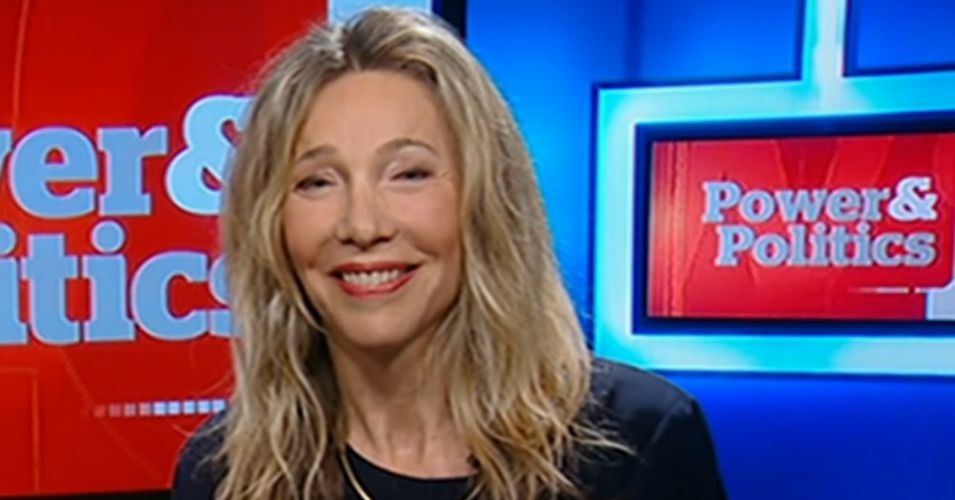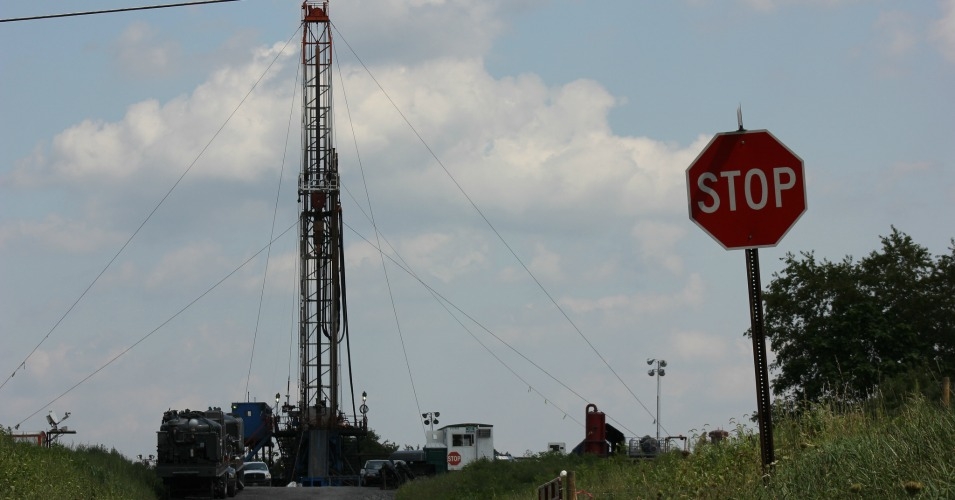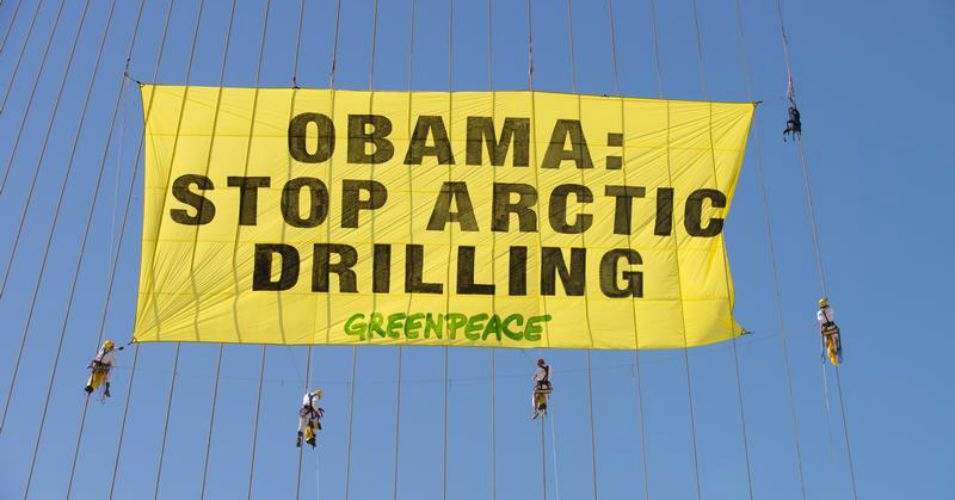Going where few Canadian leaders dare to tread, author and political candidate Linda McQuaig set off a political firestorm this weekend by suggesting that much of the Alberta tar sands should be left “in the ground” if the country has any hope of achieving its climate change targets.
“A lot of people recognize that a lot of the oilsands oil may have to stay in the ground if we’re going to meet our climate change targets,” McQuaig, a candidate with the New Democratic Party (NDP) in Toronto, said during a Friday panel discussion on CBC’s Power & Politics television program.
McQuaig, who authored such books as The Trouble With Billionaires and It’s the Crude, Dude, noted that Canada will have a better idea of just how much the industry is impeding the country’s climate goals once we “put in place a climate change accountability system of some kind and… once we have a proper review process for our environmental projects like pipelines.” This process, she added, “has been absolutely gutted under the conservative government.”
As supporters note, McQuaig said nothing but a “simple fact” backed by scientific research, including a landmark 2009 Oxford study which found that “less than half the proven economically recoverable oil, gas and coal reserves can still be emitted” to keep total global warming beneath 2°C.
Despite this, her comments were immediately seized upon by the political establishment as well as the mainstream media as “anti-Alberta.”
Alberta Opposition House Leader Brian Jean said Saturday that McQuaig’s remarks were “deeply concerning” and called on Alberta Premier Rachel Notley to “actively repudiate this crazy idea in the strongest terms possible.”
“God forbid a journalist and candidate raise in the mildest terms a basic scientific fact concerning the most pressing issue of our generation.”
And Prime Minister Stephen Harper, a longtime champion of the tar sands industry, attempted to use the comments to his advantage, saying on Sunday that McQuaig’s call to “leave it in the ground,” highlights the NDP’s “not-so-hidden agenda on development.”
Even McQuaig’s own party quickly side-stepped away from the outspoken candidate, falling back on more industry-friendly rhetoric.
In a statement emailed to The Canadian Press, Malcolm Allen, natural resources critic for the NDP, said McQuaig was not referring to party policy. “The NDP believes that developing our natural resources and lowering our green house gas emissions can go hand in hand,” he added.
But environmentalists say that rather than stifle debate over the tar sands industry, Canada’s left should be embracing this moment.
“God forbid a journalist and candidate raise in the mildest terms a basic scientific fact concerning the most pressing issue of our generation, in the hopes that an election could affect change,” Jesse McLaren, a Canadian physician and blogger, wrote Sunday.
McLaren continued:
If the NDP leadership see statements against tar sands as more damaging than the tar sands themselves, they will sever themselves from the climate justice movement and provide no alternative at the ballot box. Instead they should defend McQuaig for helping spark a real debate this election, spend the next two months repudiating in the strongest terms the Conservatives’ and Liberals’ ideologically driven wrecking of the climate, and be a megaphone for the climate justice movement that is trying to control the damage and promote alternatives.
And Greenpeace climate campaigner Keith Stewart agreed that McQuaig was only repeating a truth that even the industry has long-acknowledged. “Not even the oil companies think they are going to get every last barrel out of the tar sands,” Stewart said. “It shouldn’t be treated as heresy to ask what is a reasonable limit within the carbon budget that Stephen Harper promised the world we’d live within.”




